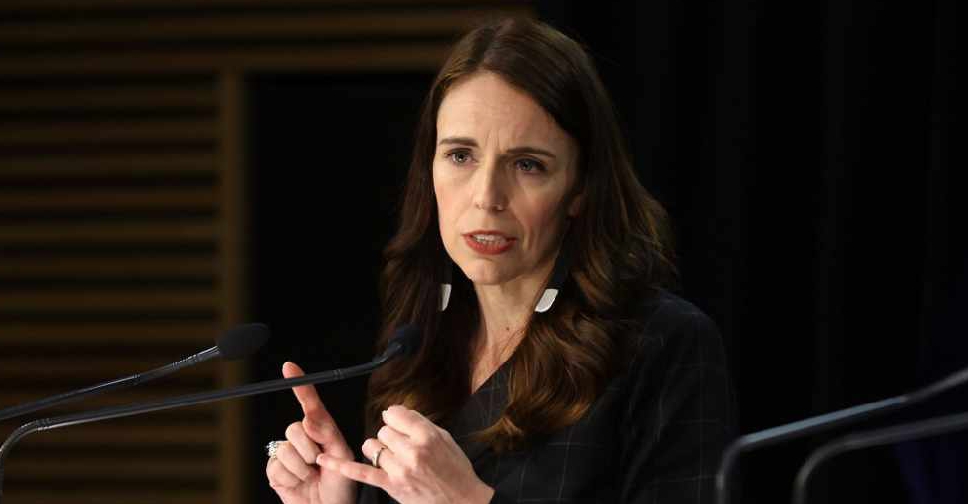
Prime Minister Jacinda Ardern visited scientists at New Zealand's Scott Base in Antarctica on Thursday, as part of a trip aimed at highlighting climate change challenges, her country's commitment to the continent and the need for regional cooperation.
Having arrived on Wednesday at the start of her 72-hour trip, Ardern said in a recording sent overnight that New Zealand's presence in Antarctica was at a "critical juncture" as the base comes to the end of its life.
"The role that we play, and our scientists play here, is incredibly important for our present and our future," she said during a visit marking Scott Base's 65th anniversary.
Last year, New Zealand announced it was allocating NZ$344 million($200.72 million) for a rebuild of the base, to support New Zealand's presence there for the next 50 years.
"(Antarctica's) becoming an increasingly contested region where we must maintain and protect the integrity of this fragile part of the world," Ardern said in a statement announcing her trip.
New Zealand maintains a claim to the Ross Dependency, or around roughly 15 per cent of the continent.
"Cooperation in Antarctica and in the Antarctic Treaty System is more important than ever as we tackle the crises of climate change and biodiversity loss," Ardern added.
In recent years, both Russia and China have invested in their capability and presence in Antarctica, and Western governments have responded in similar fashion.
Earlier this year, Australia, which holds the biggest claim in Antarctica, announced plans to spend just over A$804 million($522.04 million) to buy drones and helicopters and set up mobile stations to strengthen its interests there.
"What (Ardern's) doing is flagging, literally and metaphorically, New Zealand's ongoing commitment to its territorial claim in the Antarctic, its presence in the Antarctic, and its commitment to operating in the Antarctic," said Alan Hemmings, a Christchurch-based specialist on Antarctic governance at the University of Canterbury.
While Ardern visited the icy continent a major international meeting on Antarctic conservation was underway in Hobart, Australia. The impact of climate change on Antarctica has made it a critical location for research.
This week, the US Fish and Wildlife Service granted the emperor penguin endangered species protections.
"It's increasingly fragile, and it's crumbling at the edges and the science is pointing us in a direction where I think we can no longer ignore the urgency of the issues here in the Antarctic or not make time for them," said Monica Medina, US assistant secretary of state who is attending the meeting in Hobart.




 Trump fires National Security Agency director
Trump fires National Security Agency director
 Israel steps up Syria strikes, says Turkey aims for 'protectorate'
Israel steps up Syria strikes, says Turkey aims for 'protectorate'
 US sending Israel 20,000 assault rifles that Biden delayed
US sending Israel 20,000 assault rifles that Biden delayed
 Israel says it killed a Hamas commander in Lebanon
Israel says it killed a Hamas commander in Lebanon



